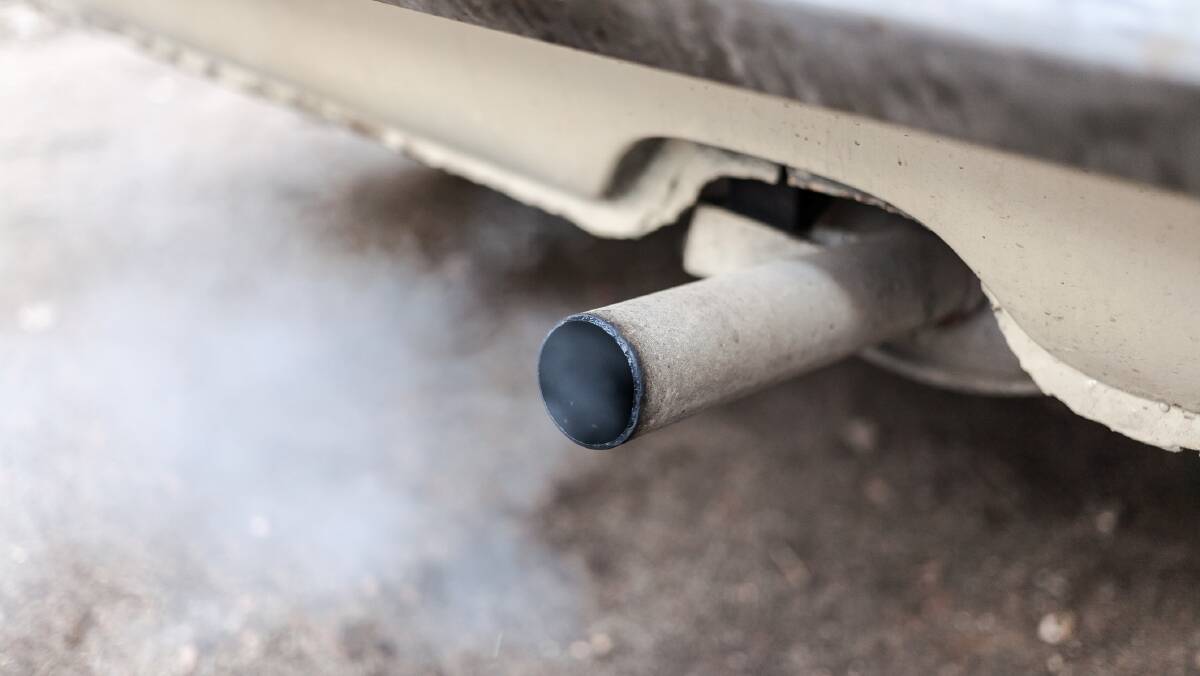
Most Australians don’t care about air quality. After all, it conforms to global standards and our skylines aren’t cloaked with smog, but there’s mounting evidence linking air pollution and serious health consequences.
Subscribe now for unlimited access.
or signup to continue reading
In 2015, five Australians died every day from related illnesses including stroke and lung cancer.
Research also shows links with bladder cancer, Alzheimer’s, and respiratory infections in children and the elderly. Exposure during pregnancy could also lead to lower IQ and ADHD. The full extent of the impact remains unknown, but we’re learning more about the cause.
Our air is polluted by trillions of ‘ultrafine’ particles (PM1) emitted from all vehicles, even new cars. They can’t be seen or smelt, but their tiny size makes them especially dangerous. When inhaled, these particles travel through the bloodstream and central nervous system, lodging deep inside the brain, heart and other organs. They also penetrate the skin and spread via the lymphatic system.
Ultrafine particles are most prominent in diesel emissions, which now make up 20 per cent of vehicles on our roads (up 60 per cent since 2011).
Australia’s regulations lag behind other developed countries: Europe, Japan, South Korea and the US have reduced fuel sulphur content to 10ppm, thus limiting exposure to ultrafine particles. Australia’s regular unleaded sulfur content is 150ppm, with premium unleaded at 50ppm.
And in the US, penalties apply to drivers who leave their engines running unnecessarily. Our policy makers must aim for best practice, not just meeting standards, because even the smallest decrease will improve our health.
Don’t be deceived by our clear blue skies.
Carmen Tallott is freelance writer for the Melbourne Energy Institute.

